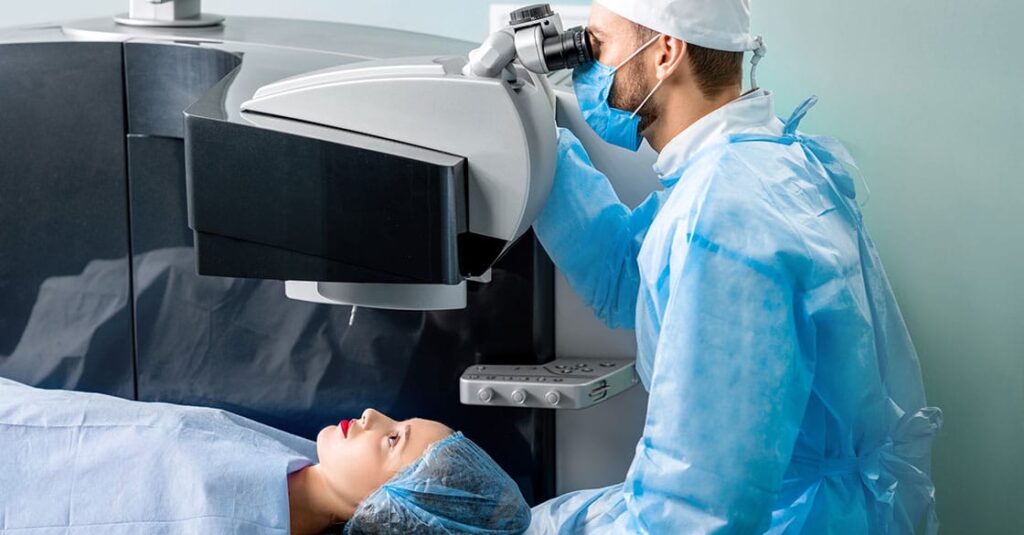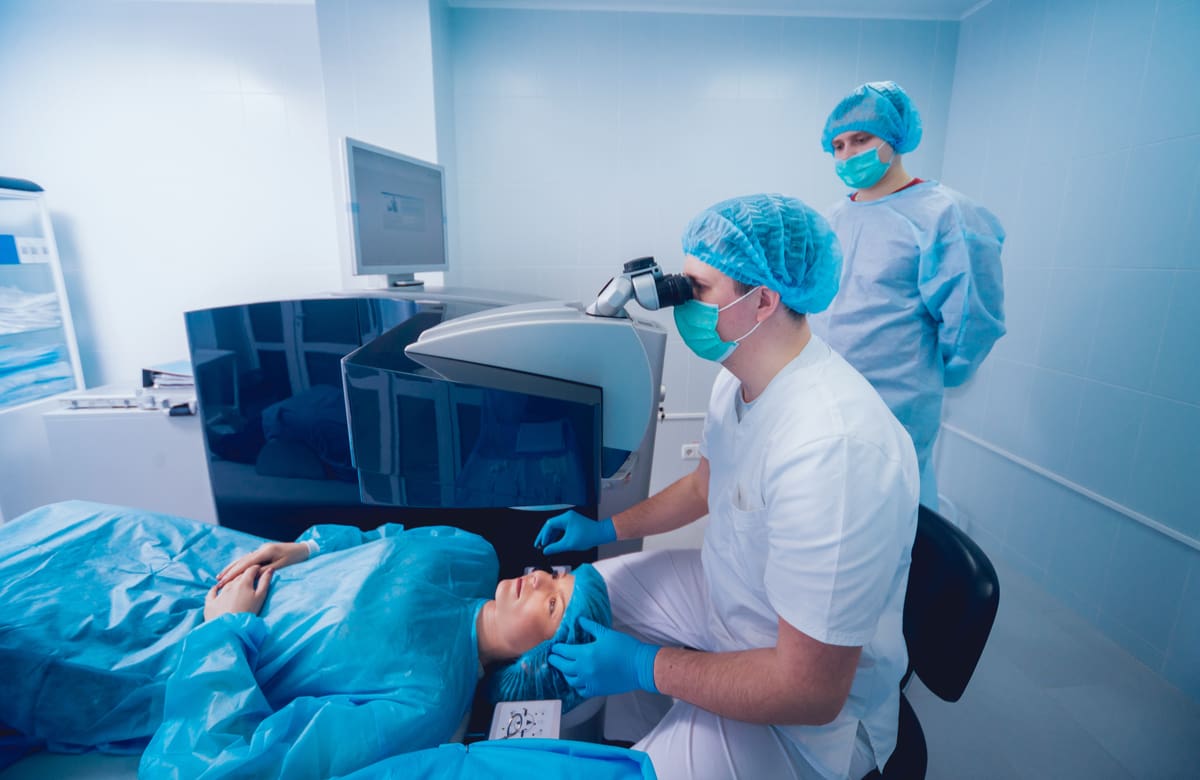When it comes to your health, your doctor’s recommendations often hold significant weight. If you’ve ever been advised to undergo corrective surgery, you might wonder why this option is being suggested. Many factors can contribute to such a recommendation, ranging from medical necessity to personal preference. Understanding these reasons can help demystify the process and empower you to make informed decisions about your well-being. Corrective surgeries have evolved significantly over the years, offering patients functional benefits and enhancements that align with their lifestyles and desires. Let’s explore four compelling reasons why your healthcare provider might advocate for this path—each one highlighting how these procedures can improve lives.
Enhanced Vision Correction
Enhanced vision correction is a game-changer for many. Traditional methods like glasses and contact lenses can sometimes feel limiting, especially if you lead an active life. If you have myopia, this can be a particular concern, as it can impact your ability to drive, read, and see long distances. Mid Day can help you understand more about the treatments that you can do with myopia. Corrective surgery is ideal for those who want to improve their vision without the hassle of glasses or contacts.
Procedures such as LASIK or PRK offer the potential for clearer vision without daily hassles. Imagine waking up each morning with perfect sight—no need to fumble for your glasses or worry about losing a contact lens during a workout. This type of surgery typically corrects common issues like nearsightedness, farsightedness, and astigmatism. The results often mean reduced dependence on visual aids and enhanced quality of life.

Active Lifestyle Compatibility
Corrective surgery can be a game changer for those who thrive on an active lifestyle. Imagine running freely without the burden of glasses slipping down your nose or contacts drying out during that intense workout. Surgery such as LASIK or PRK often eliminates the need for visual aids, allowing you to fully immerse yourself in activities like hiking, swimming, or playing sports. The freedom from bulky eyewear enhances performance and boosts confidence. Additionally, many athletes report improved reaction times and focus post-surgery. You can concentrate better on your game without distractions from uncomfortable frames or lenses shifting out of place. The convenience of not having to carry extra gear is another perk.
Aesthetic Preferences
Aesthetic preferences play a significant role in the decision to undergo corrective surgery. Many individuals wish to enhance their appearance, and certain procedures can help achieve that goal. For example, eyelid surgery can create a more youthful look by removing excess skin. Facial symmetry is often linked to beauty standards. Corrective surgeries like rhinoplasty or cheek augmentation can help balance features and boost self-confidence. Additionally, some opt for body contouring procedures after weight loss or pregnancy to regain their pre-change silhouette. Feeling good about one’s appearance can improve mental health and social interactions.
Improved Comfort and Convenience
Corrective surgery can significantly enhance your daily life. Imagine waking up and seeing the world clearly without fumbling for glasses or struggling with contacts. For many, discomfort from wearing corrective lenses is a common issue. This can include irritation, dryness, or even headaches from prolonged use. Surgery offers an enduring solution that frees you from these nuisances. Navigating activities becomes easier too. Whether swimming, playing sports, or simply enjoying a sunny day outdoors, the absence of glasses eliminates worries about breaking frames or losing contact lenses in water.
Corrective surgery can be a transformative option for many individuals. Whether it’s enhancing vision, supporting an active lifestyle, meeting aesthetic desires, or simply improving comfort and convenience, there are compelling reasons why your doctor might recommend this path. Understanding these motivations can help you make informed decisions about your health and well-being. If you find yourself facing such a suggestion from your healthcare provider, consider these factors carefully. They may lead to significant improvements in not just how you see the world but also how you engage with it every day. Always consult with professionals to weigh the pros and cons specific to your circumstances before making any choices regarding corrective surgery. Your journey towards better health is unique—embrace it fully.

